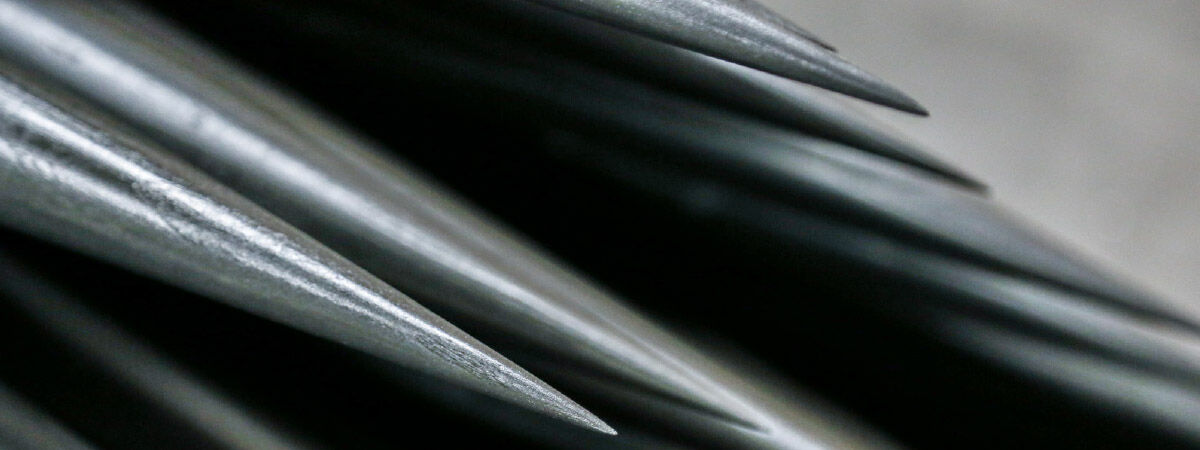Exhibitions
China has experienced unprecedented social, political and cultural transformations since the beginning of the twentieth century. Dynastic architectural structures such as city walls, archways and various historical types of residence, inevitably, have been demolished to make a way for a revolution of economic and urban development, and replaced by high-rise buildings; traditional interior arrangements and furniture settings are largely superseded by Western styles to change the way of living; classic daily costumes appear to be only festive for particular occasions; traditional design and hand-making skills for textile, ceramic, paper crafts, wood and stone carvings are either fading out with no inheritor of the craftsmanship, or substituted by batch productions; and even brushes and calligraphic writing practice are being strangled by computer keyboard in collusion with the phonetic system of pinyin.

The traditional becomes the historical, or indeed, the legendary. With such a cultural anxiety, contemporary art, once again, acts as a pioneer in responding to this phenomenon through visual practices.
The unique situation of contemporary China with fragmented traditions provides challenges, as well as opportunities, certainly for art, where traditions can be reassessed and reinvented through creative practice. The ``legend`` is not merely imaginary, but origins from the cultural traditions, tangible or intangible. It is formed to re-examine, draw from and be inspired by Chinrative process of knowledge re-production. Within the context of contemporary art, contemporaneity is never a linear dimension of time. Instead, it provides an open platform where the past meets the present. Only through everyday legend, we are committed to better pass the past to the future, and to translate China for the world.
The two editions of contemporary Chinese art exhibition Everyday Legend are designed to reflect on the issues above through a curatorial practice.
Exhibited Artists
Zhao Zhao
Zhao Zhao’s work is often renowned for confronting existing ideological structures and exercising the power of individ...
Yang Mushi
Yang Mushi was born in 1989 in China’s Jiangxi Province, and currently lives and works in Shanghai. In 2014 he graduat...
Wu Yiming
Wu Yiming is a Chinese visual artist who was born in 1966. Wu Yiming has had numerous gallery and museum exhibitions, ...
Shao Yinong
Shao Yinong was born in 1961 in Qinghai, Xining Province, China. He graduated from the Painting Department of Qinghai ...
Shi Jinsong
Shi Jinsong was born in Hubei, China, in 1969. He graduated from the Hubei Institute of Fine Arts with a BFA, speciali...
Sun Xun
Sun Xun was born in Fuxin, an industrial mining town in northeast China, and grew up in the period immediately followi...
Lu Pingyuan
Lu Pingyuan, born in 1984 in Zhejiang province, China, is an emerging artist who works and lives in Shanghai.
Liu Jianhua
Liu Jianhua was born in 1962, in Ji’an, China. He began his career in 1977 by working at the Jingdezhen Pottery and Po...
Liang Yuanwei
Liang Yuanwei was born in 1977 in Xi’an, the capital of Shaanxi province.
Liang Shaoji
Liang Shaoji studied soft sculpture from Maryn Varbanov at China Academy of Art who was one of the world's leading tap...
Hu Xiaoyuan
Hu Xiaoyuan’s artistic pursuit of impeccability is exquisite enough to be practically obsessive. In her installations ...
He Xiangyu
He Xiangyu's experimental practice can be seen as both a material testing ground and conceptual laboratory that invest...
Hao Liang
Hao Liang was born in Chengdu in 1983. He graduated B.A. in Chinese Painting and M.A. in Chinese Painting from Sichuan...
Zhan Wang
Among the leading contemporary artists in China, with a practice deeply informed by traditional and contemporary Chine...
Yang Xinguang
Yang Xinguang was born in Hunan, China, in 1980. A graduate of the sculpture school at Central Academy of Fine Arts, B...